Economist and researcher Anu Muhammad emphasized the need for a discrimination-free new Bangladesh with economic equality, especially after decades of catastrophic concentration of wealth. He said this yesterday (January, 15) in a seminar titled, “Aspiration for mass uprising: How will the economy of Bangladesh be without discrimination?,” organized by the Economics Students’ Union, Jahangirnagar University.
In the first phase of the seminar, mentioned three aspirations of mass uprisings: equality, human rights, and social justice. According to him, “Mass uprisings are an effective way to stand against the discrimination of dictatorship; even curfews or shoot-at-sight orders cannot resist people demanding justice”.
He highlighted four types of discrimination that inspired citizens in the 1971 liberation war, the 1990 mass uprising, and the July 2024 revolution:
- Class discrimination
- Racial discrimination
- Religious discrimination
- Gender discrimination
In a discrimination-free Bangladesh, new reforms must eliminate discriminatory practices in the economic and political sphere. While emphasizing about building an “equal and just society”, he said, “Dreams always should be dreamt by and for the masses, rather than being confined to some individuals.”
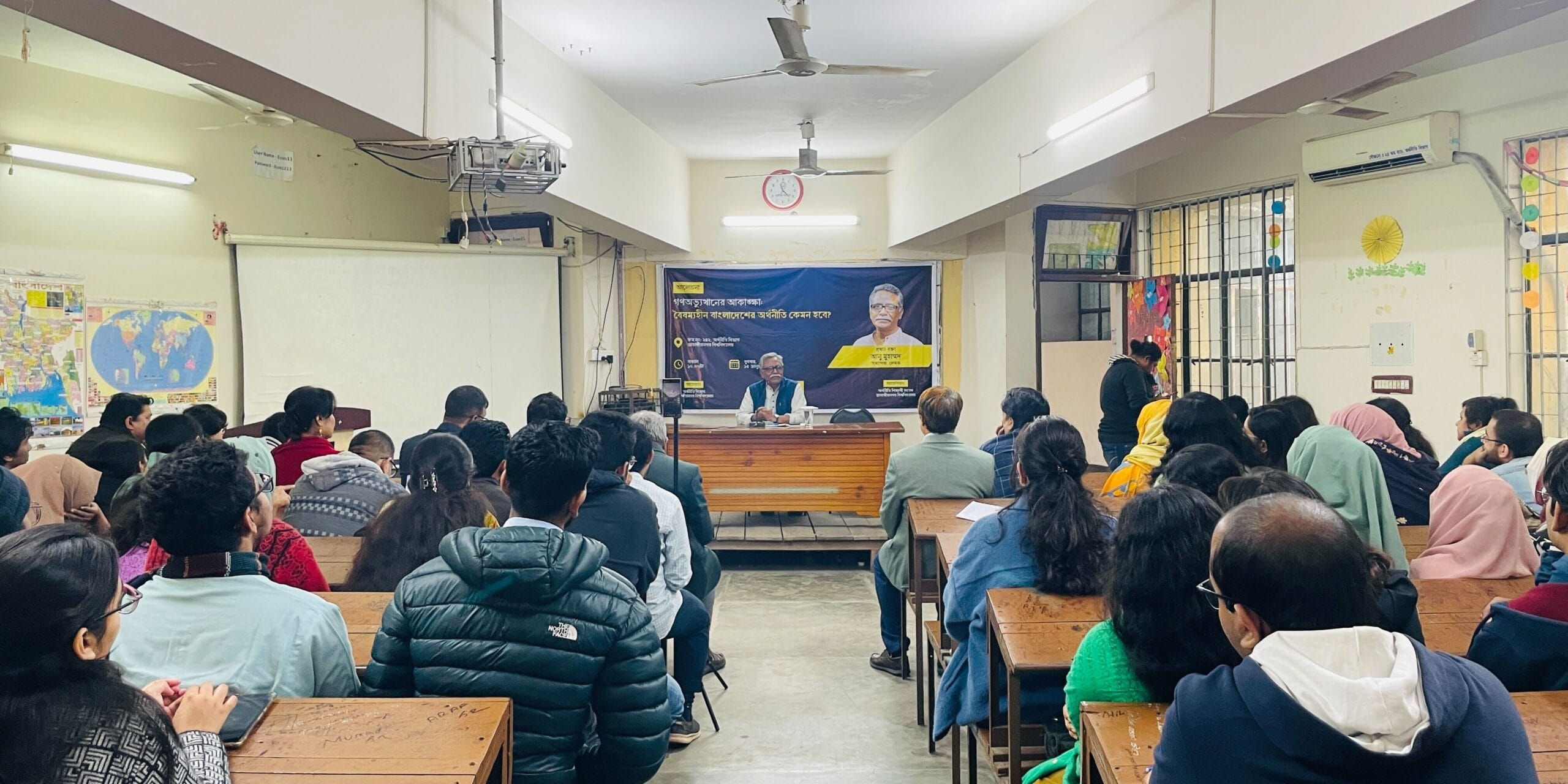
During his speech, former JU professor Anu Muhammad stressed the need for raising critical questions like:
- What can be the basis of a discrimination-free or equal society?
- What reforms are necessary to begin the journey toward a discrimination-free Bangladesh?
- How can we, the people, unite?
As for answers, his first idea was to celebrate diversity, which The Witty Herald team firmly supports. Like the economist, we believe that religion, gender, language, and cultural differences are our assets, not tools for discrimination.
In the second phase, he shed light on addressing economic discriminations which have persisted for decades. Reportedly, the GDP of Bangladesh has been growing at a decent rate. However, as GDP grew, so did the rate of wealth centralization, and alarmingly. This economist said, “We are just observing GDP growth, but we are not looking at what is being compromised to achieve it.”
On a different note, he added that over the past decades, both GDP growth rates and natural disasters reached their highest levels. The repercussions of these disasters will last for generations.
Mentioning the House Building Surveys of 2010, 2016, and 2022, he pointed out the income disparity between the top 5% (high-income groups) and the bottom 5% (low-income groups). The ratio was 1:30 in 2010, 1:60 in 2016, and 1:100 in 2022. “The top 5% (a few elite groups) earned 100 times more than the bottom 5% (ordinary people) in 2022,” he said. He also pointed out that the income sources of these elite groups are not publicly disclosed. “Transparent records would reveal more intense income disparity,” he speculated.
At one point, he criticized the Hasina administration for failing to ensure transparency and accountability. He said, “The previous administrations are also responsible for our fragile economy, not just Sheikh Hasina.”
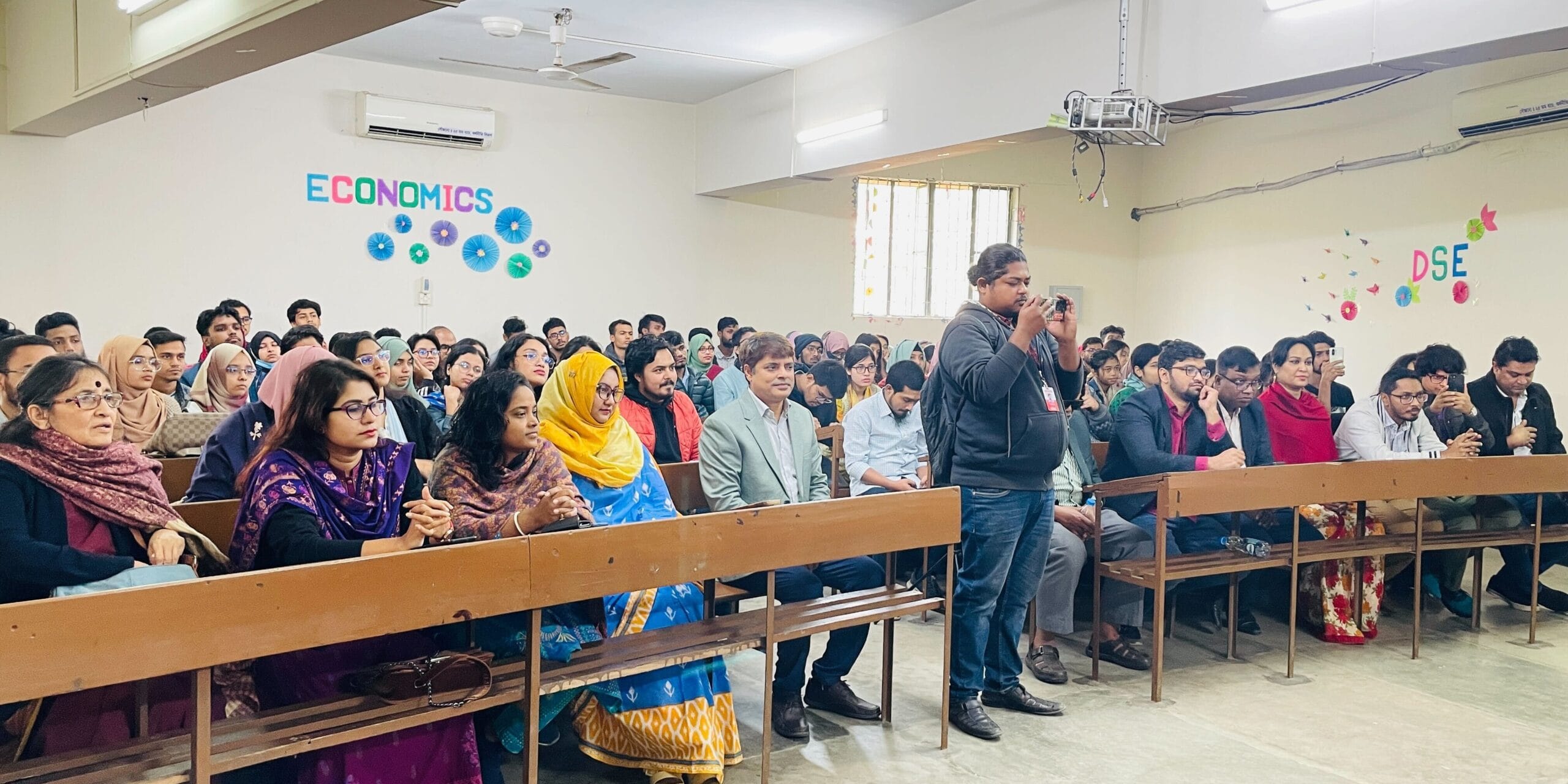
Looking at the major development projects, corruption and financial irregularities exist in every sphere. Several business groups like Beximco, Bashundhara, S Alam, Orion, Summit, etc. patronage autocratic systems for centralizing their wealth. These “opportunistic” business groups laundered money in the name of development, destroying the entire financial sector.
Addressing the interim government, this former professor pointed out, “Bangladesh should first challenge the policy structure which created this system of wealth concentration, created inequality and in the process, created a dictatorship.”
He expressed his doubts on the interim government’s economic policy. The government imposed VAT on daily commodities and services through ordinances. Instead of bringing the opportunistic groups’ corrupted practices into light, the interim government is following the same path as the previous government, he believes.
Editor’s Note: The interim government imposed VATs in the middle of a fiscal year (FY25), which is highly unusual for any administration. Plus, the size of these additional VATs is way higher than that of any previous administration.
At present, public rights are in crisis. He said, “When we are talking about a discrimination-free economy, we should address corruption in the public services.” Firstly, the government needs to focus on ensuring equal access to healthcare and education.
Secondly, all sources and areas of inequality need to be fixed. In Bangladesh, the National Minimum Wage is the lowest in the world and the majority of the people are living below the poverty line. But looking at India, Nepal, and Sri Lanka, their primary school teacher’s salary is much higher than a school teacher in Bangladesh, regardless of the level. He said, “By early 2025, the minimum wage should be reformed to a liveable income, allowing citizens to meet their basic needs.”
The minimum wage is also a reason behind limited access to healthcare for poor people. With low salaries, it is difficult to afford expensive private medicals. The shortage of qualified government doctors further worsens the situation.
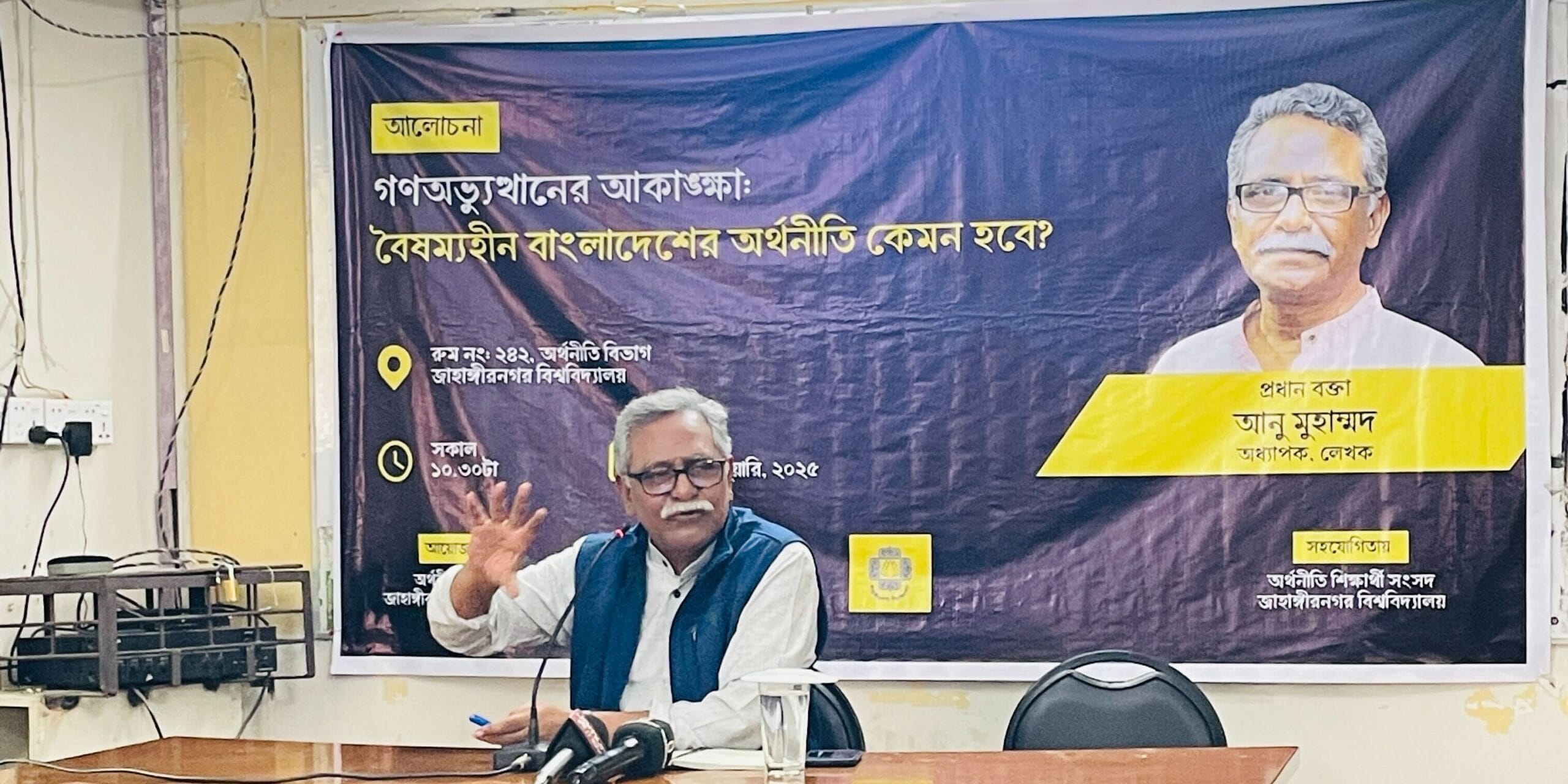
Anu Muhammad further pointed out that there must be transparency in the selection and implementation of development projects. Although the interim government has formed several commissions, including a white paper committee to investigate systematic failure and corruption in the projects, “There is no significant change,” the researcher stressed.
At the end, he emphasized building an acceptable, productive, and effective economic structure. It is essential for the government to bring the top 5% (high-income groups) under proper and transparent taxation. Policymakers need to engage with economists, students, and most importantly, grassroots people while formulating economic plans and projects. Mass people have the right to know how the development policies would improve their lives.

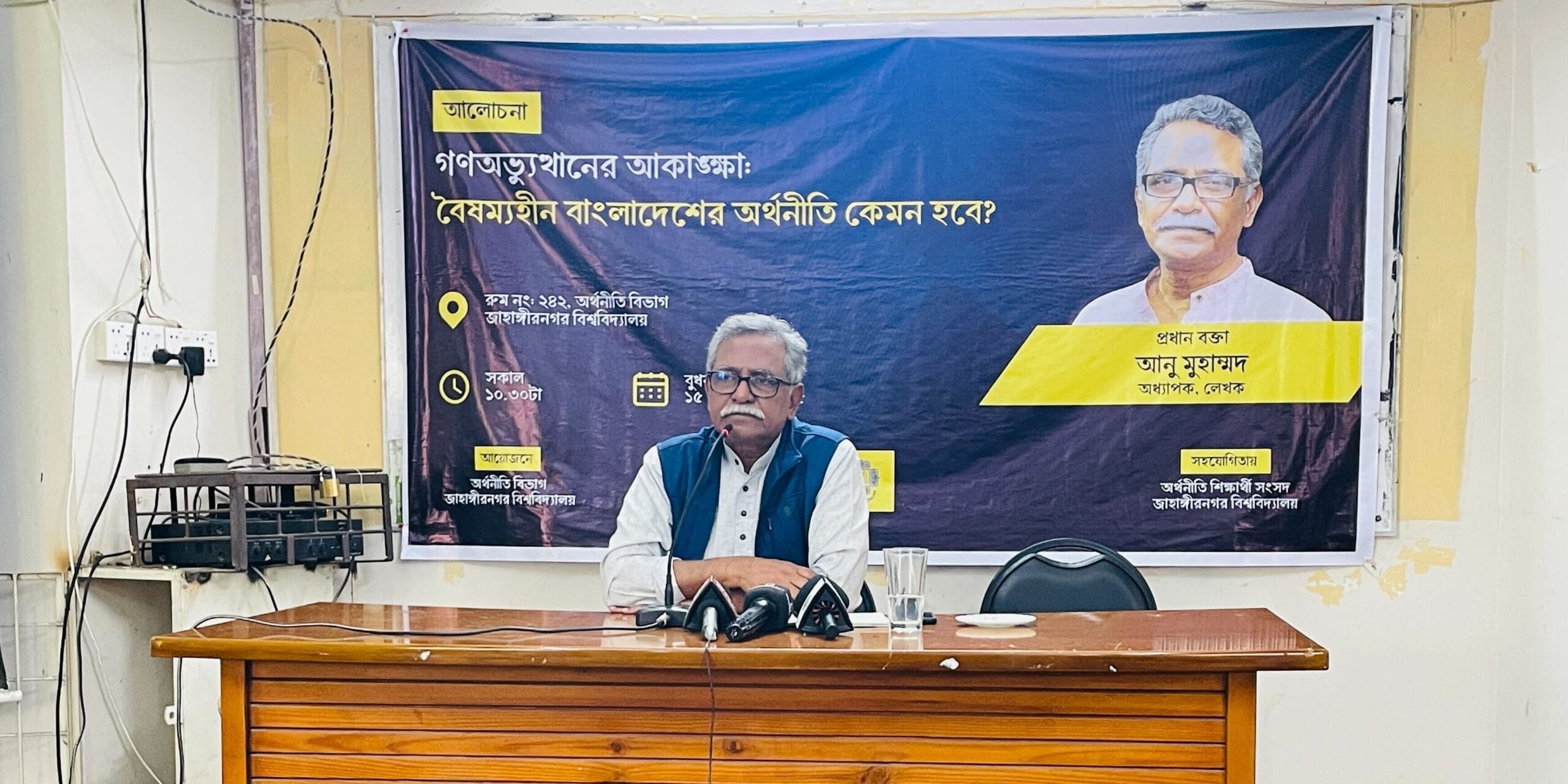
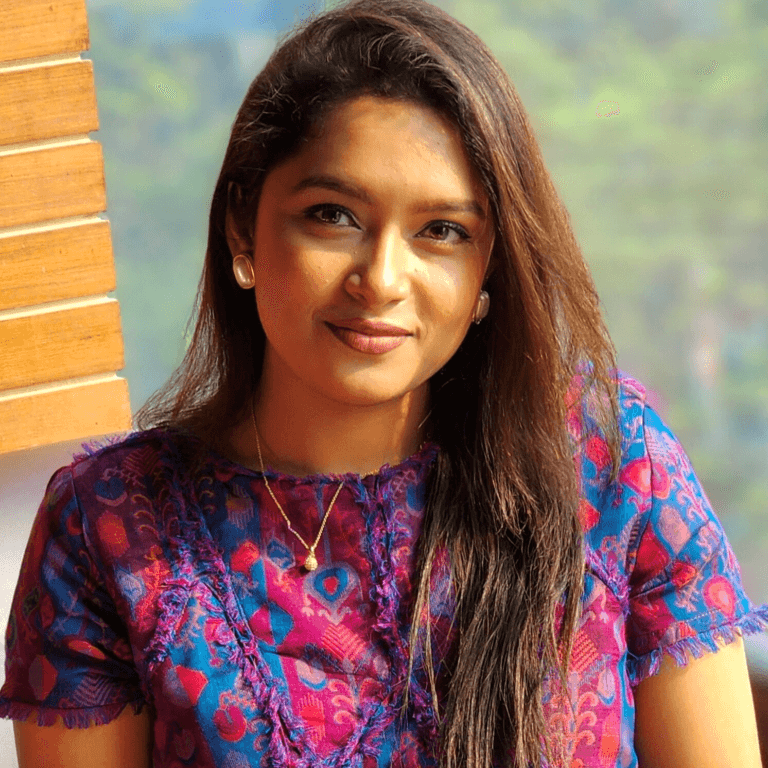
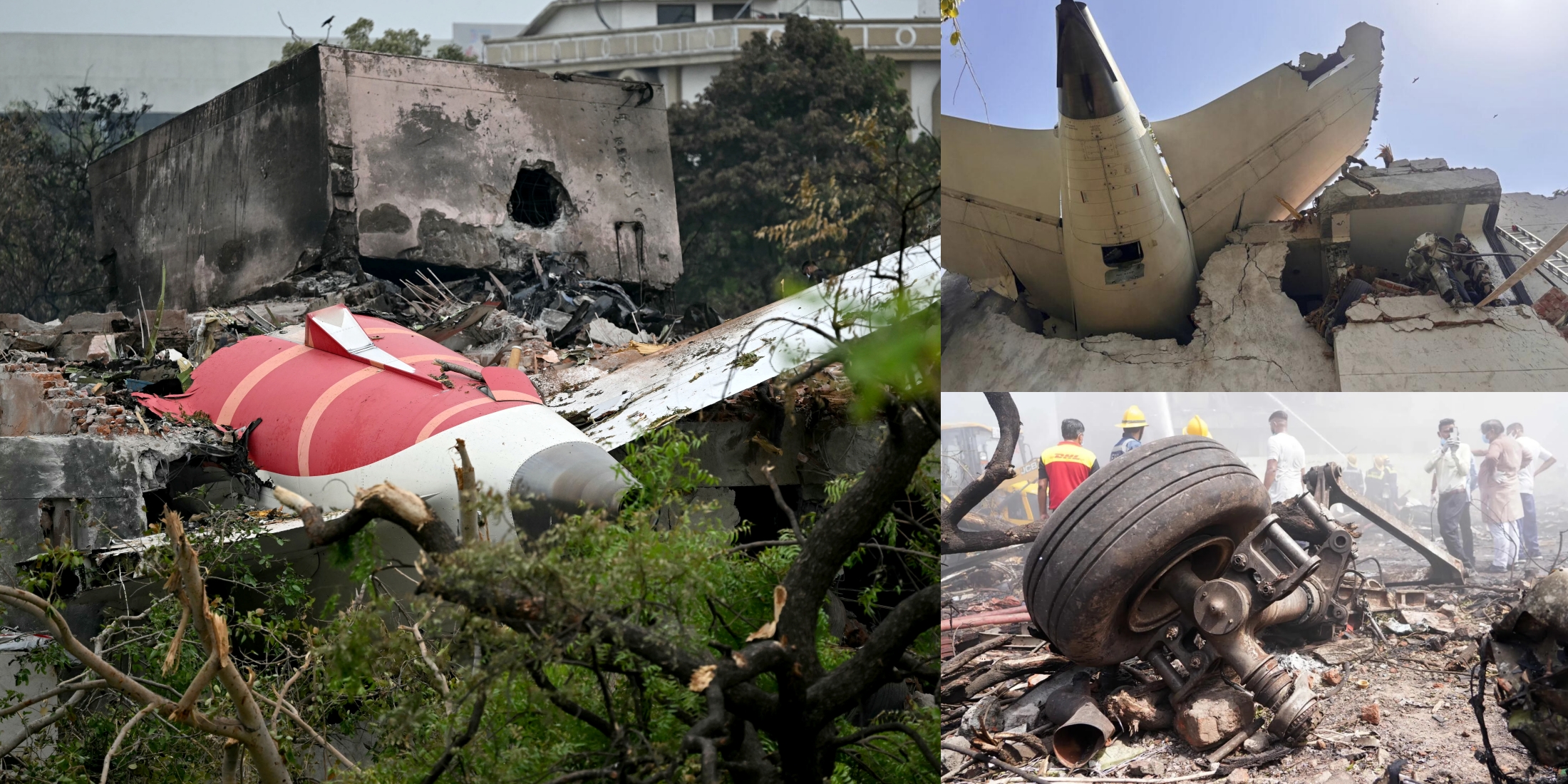
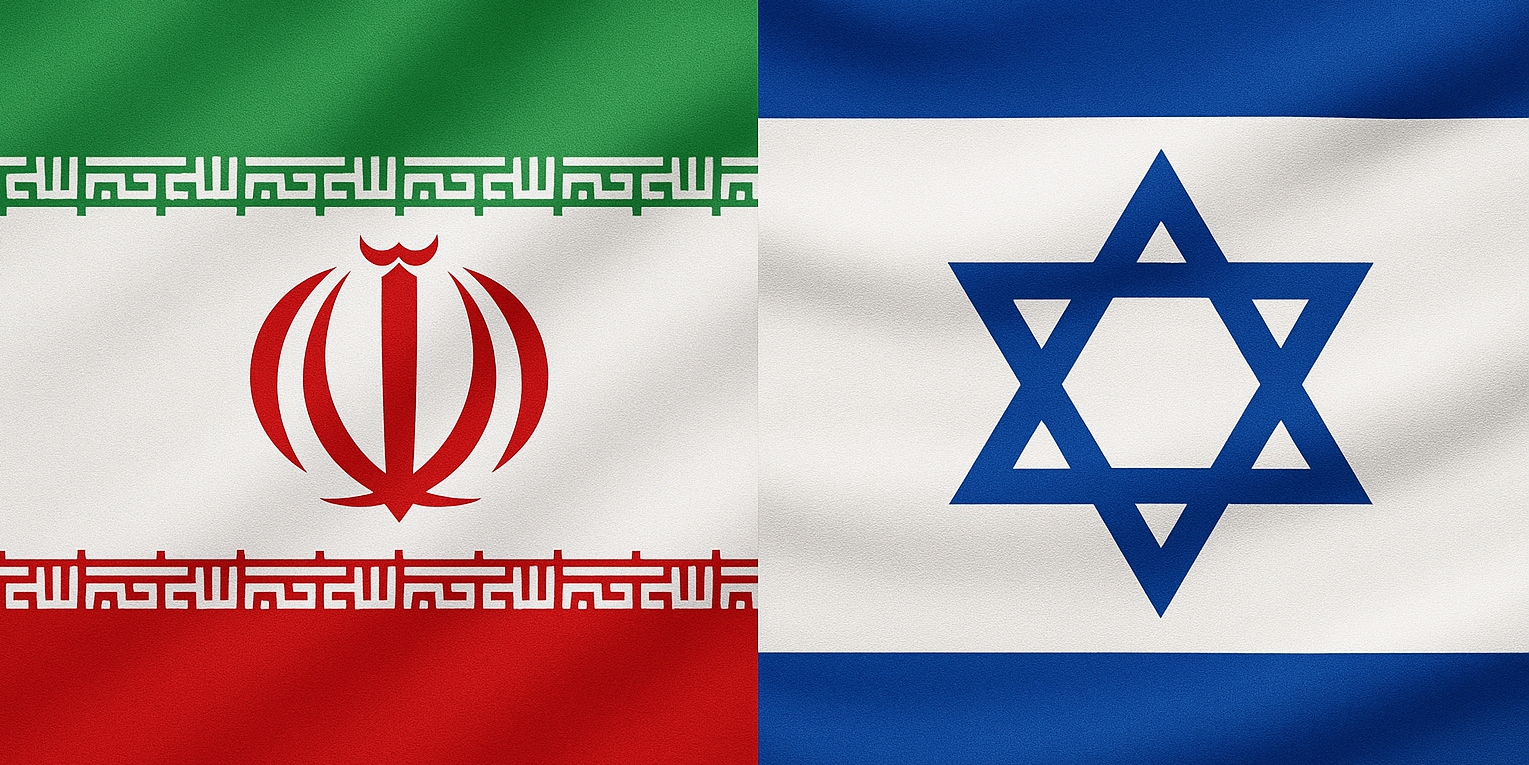



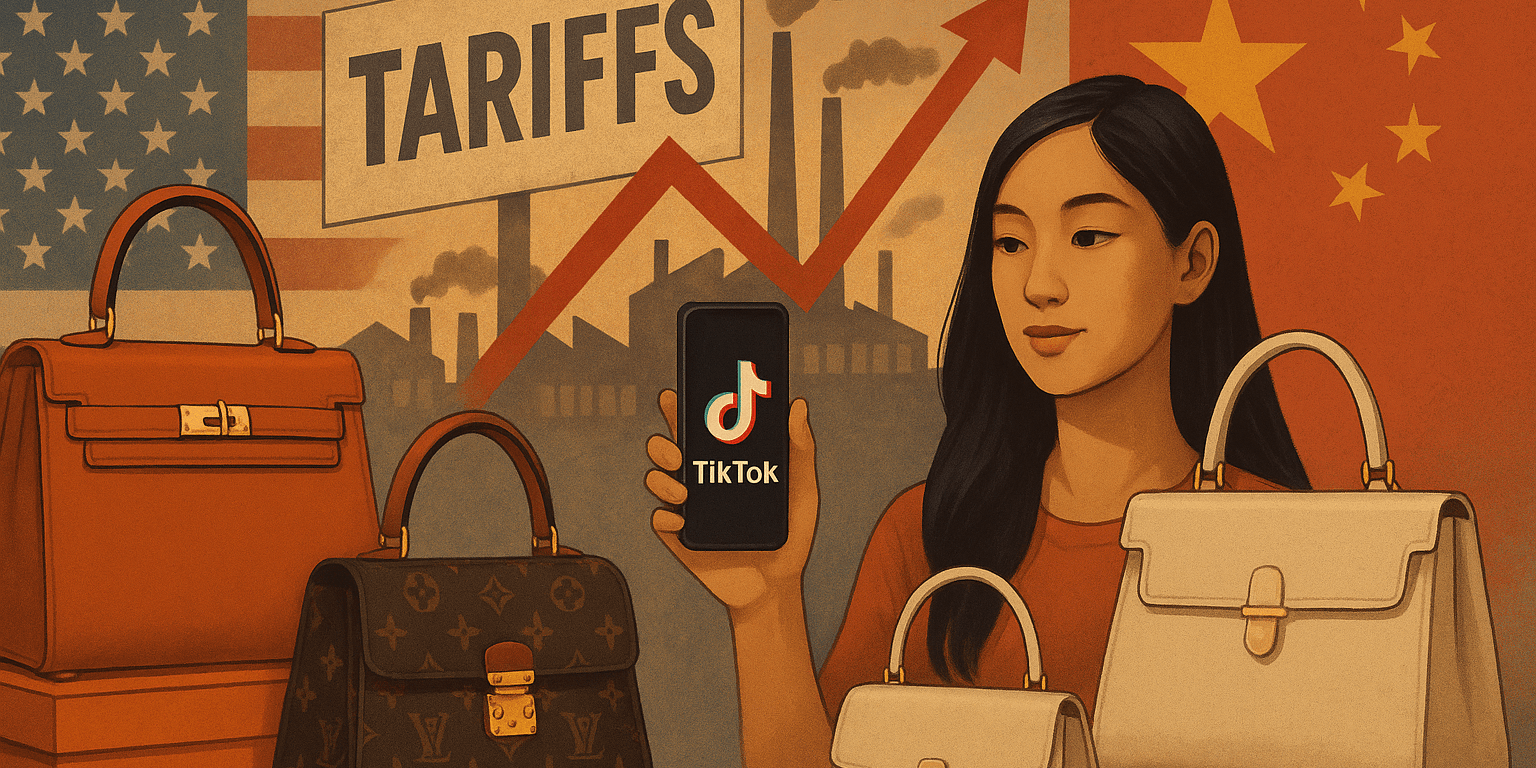

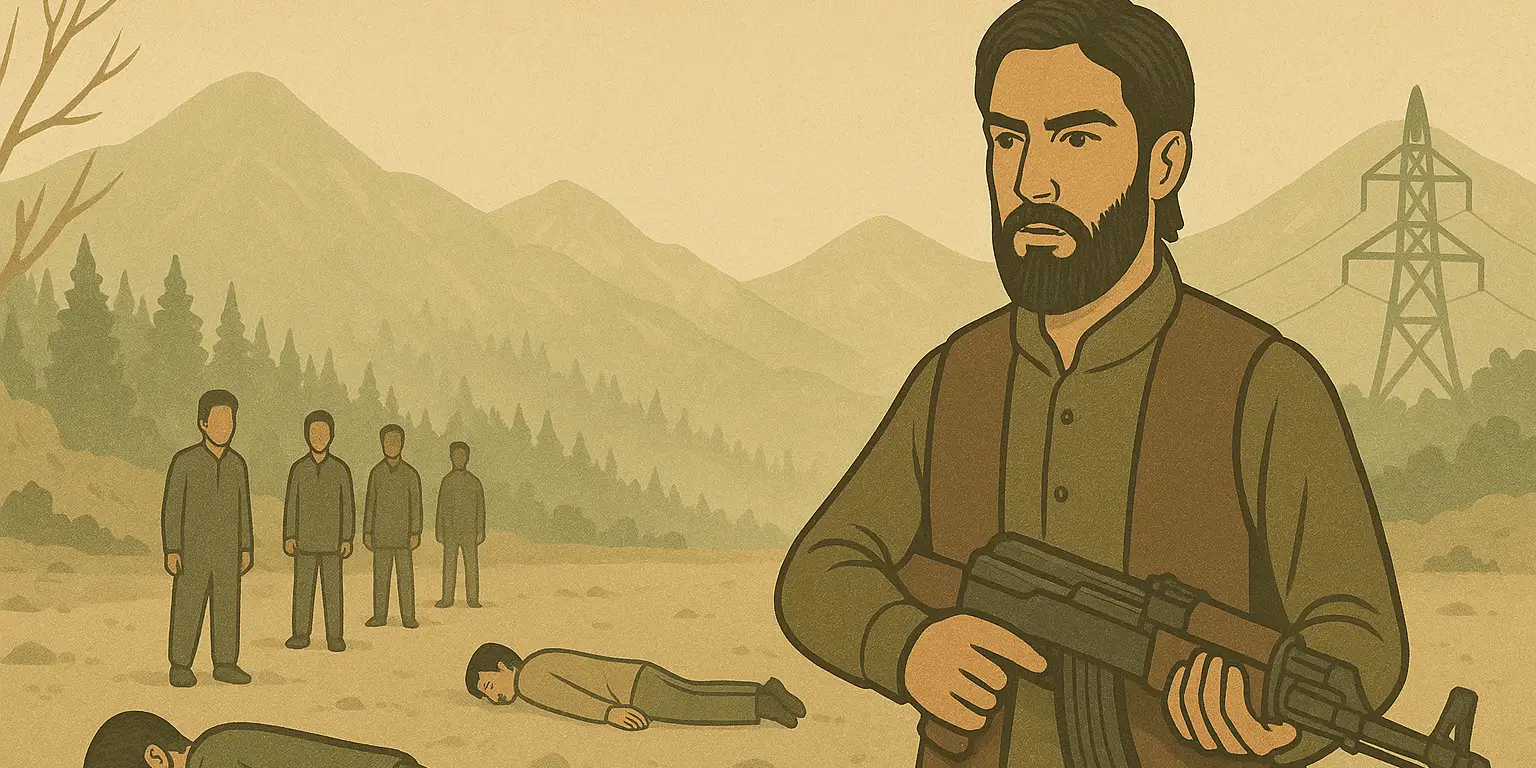
6 Responses
It’s very informative we get to know lot of things from this website about the Anu Muhammad recent call for a discrimination free country!!!
The website is very helpful!! I got to know about the discrimination of what we face everyday! Anu Muhammad sir described everything so properly.
From this website i got to know the discrimination thing what we are facing in our daily life and the website is very informative and well organised!!
I truly appreciate the time and effort you have put into this project.
Impressive Effort, Faria! Your breakdown of economic inequality and the call for a discrimination-free society is so relevant for Bangladesh. I especially loved how you connected historical movements like 1971, 1990, and July 2024 to what we’re facing today—it made everything feel so relevant. While the proposed taxation and minimum wage reforms sound promising, I can’t help but feel pessimistic about how much change they can actually bring in a country like ours, especially given the uncertainties around effective implementation.
Your hard work, dedication, and attention to detail do not go unnoticed, and it truly makes a significant impact.